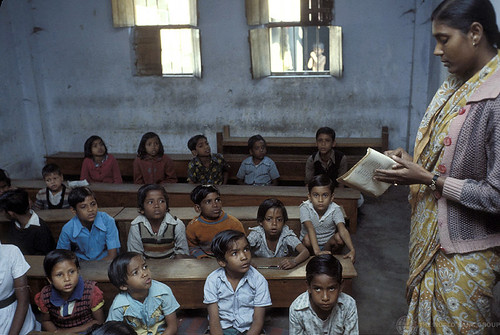Gordon Betcherman is a Core Team Member of the 2013 World Development Report and Professor at University of Ottawa.
Policy makers often think that the path to creating more jobs lies in improving labor policies (such as minimum wages, the role of unions, and employment insurance). But as the World Bank's team for the 2013 World Development Report on Jobs discovered, these policies often don't have a major impact on a country’s employment or productivity.

Gordon Betcherman—a core member of the 2013 WDR team and a Professor at the University of Ottawa—tells us that the challenge is to set labor policies on a plateau, that is, a range where regulations and institutions can at least partially tackle labor market imperfections without reducing efficiency. That means avoiding the two cliffs: too strict (distortionary interventions that clog the creation of jobs) or too loose (lack of mechanisms for voice and protection for the most vulnerable workers, regardless of whether they are wage earners). As for the edges of the plateau, those will vary across countries and even within countries over time, as conditions change.


Join the Conversation